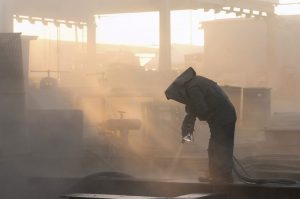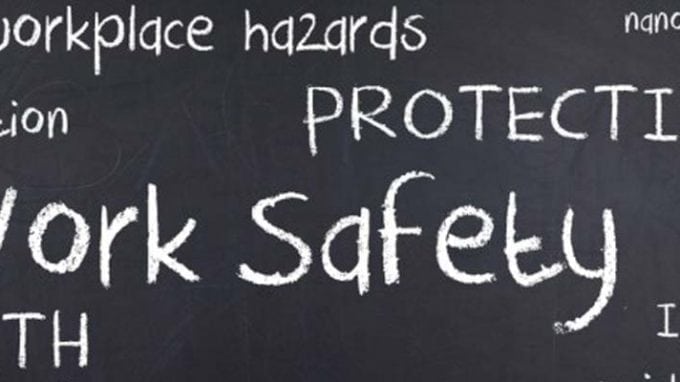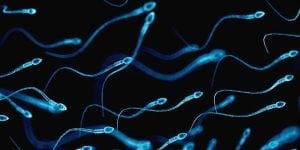It’s useful to know that it’s not only women whose fertility is at risk when it comes to exposure to harmful chemicals. Men are also at risk, particularly in relation to toxic substances that they may encounter in the workplace. Studies on the topic are only in their preliminary stages and so far scientists have concentrated their research on toxic effects in animal reproduction. In general, human exposure to toxins in the workplace is known to have genuine negative effects, but it’s difficult to verify definitively exactly how these effects affect reproduction. Research continues in order find a solution to the problem of working around contaminants.
What Is Known
 What scientists do know is that some substances, such as lead, can cause fertility issues because they are harmful to your health overall. Other examples of agents that can impact reproduction are radiation, pesticides, cigarettes and heat. Although scientists know these substances are toxic, it’s unclear as to how much is needed to influence a fertile male.
What scientists do know is that some substances, such as lead, can cause fertility issues because they are harmful to your health overall. Other examples of agents that can impact reproduction are radiation, pesticides, cigarettes and heat. Although scientists know these substances are toxic, it’s unclear as to how much is needed to influence a fertile male.
Radiation Concerns
Medical committees within the last 65 years have tested men who have worked at nuclear power plants and found a strong connection in relation to an increase of stillbirths and birth defects in their children. Recent reports have shown that lower doses of radiation are still received by workers today. It’s still important to have a doctor closely regulate reported work activity when you’re trying to have children.
The Heat Factor
 Heat can cause disruption when it comes to a man’s sperm. The male reproductive region needs to be just below normal body temperature in order produce an adequate amount of sperm. Sitting still in an office or a vehicle for long periods of time can cause this region to be over-heated. It’s suggested to take regular breaks and walk around to balance temperature.
Heat can cause disruption when it comes to a man’s sperm. The male reproductive region needs to be just below normal body temperature in order produce an adequate amount of sperm. Sitting still in an office or a vehicle for long periods of time can cause this region to be over-heated. It’s suggested to take regular breaks and walk around to balance temperature.
High-Risk Physical Injury
If the workplace increases susceptibility to bodily injury, men need to take precautions to protect themselves by wearing protective gear at all times. If damage has been done to the reproductive organs, there’s a high chance of the inability to produce healthy sperm.
Industrial Hazards
Men who work around pesticide production or with chemicals and solvents can experience altered hormone levels. Others that work in the midst of heavy metals, like mercury, have increased risks of miscarriages. Hydrocarbons, such as paint thinner or diesel fuel, can cause bone and joint complications in babies. If precautions aren’t taken, men can also carry this exposure home to their families.
Safety Tips at Work
There are simple measures that men can take when working amongst dangerous toxins. Protective gear and clothing should be worn if exposure to pollutants is high. Also, washing hands and the body is important after contact with these materials. Follow all safety guidelines in place at work. If you don’t feel safe, then a manager or human resource representative should be consulted. A temporary transfer can also be requested and but you should wait a few months after being transferred to try to have a baby.
Talk to your doctor if you still have concerns after being exposed to questionable agents. It goes without saying that you should continue to eat well and exercise regularly to stay healthy.





